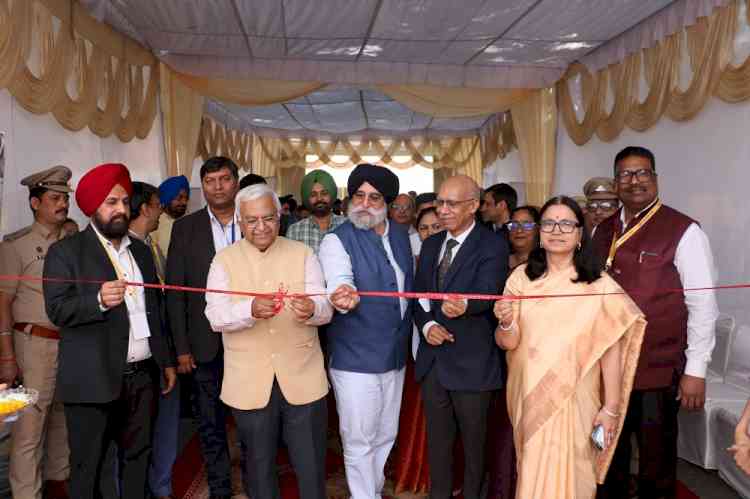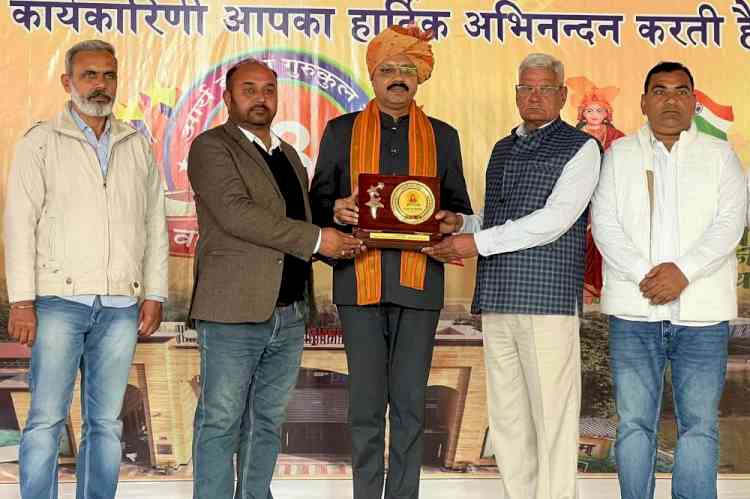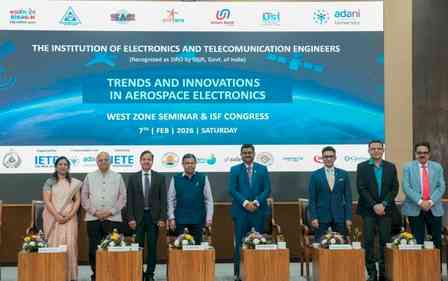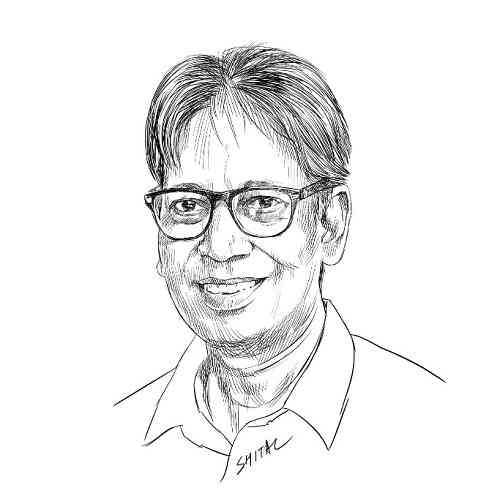CHASCON 2025 Kick starts at Panjab University
The 18th Chandigarh Science Congress (CHASCON 2025) commenced at Panjab University (PU) here today.

Chandigarh, November 6, 2025: The 18th Chandigarh Science Congress (CHASCON 2025) commenced at Panjab University (PU) here today.
The theme of the three day Congress is “Empowering Humanity: Science, Technology, and Healthcare for All”. As many as 1,200 academicians, eminent scientists and researchers from various institutions and industrial houses from Chandigarh region and various other parts are participating in the conclave to explore how science and technology can collectively advance human welfare and national progress. The Congress would conclude on November 8.
The three day prestigious Science Congress began with a warm welcome by PU Vice-Chancellor Prof. Renu Vig, who extended heartfelt greetings to the guests, including Chief Guest Dr. Sanjay Kumar, Chairman, Agricultural Scientists Recruitment Board (ASRB), Government of India; key note speaker R.R. Mittar, Member of Telecom Regulatory Authority of India (TRAI); and the Guest of Honour Sanjiv Singh Sethi, Managing Director, Gilard Electronics Pvt. Ltd.
An exhibition of research activities of various institutes of Chandigarh region and departments of PU also started at the Law Auditorium ground. A Souvenir–cum-abstract book encompassing research work of various scientists was also released at the inaugural ceremony.
PU Vice-Chancellor Prof. Renu Vig said that the annual science congress has evolved into a major platform for knowledge creation, innovation and collaboration since its launch in 2007. She said that the theme of CHASCON highlights the need to address contemporary challenges through scientific research and inclusive technological growth. She urged researchers and students to work for bridging the gap between academic knowledge and practical application, mentioning that education, research, and technology must ultimately serve the greater cause of humanity.
Delivering the keynote address, TRAI Member and distinguished PU alumnus, R.R. Mittar, spoke on digital inclusion, education, and healthcare innovation. He highlighted India’s digital transformation, noting over 1.22 billion mobile users, including 538.5 million in rural areas, and mobile data costs among the lowest globally. He stressed the importance of bridging the digital divide, particularly for women and marginalised communities.
Mittar outlined the emerging scope of 6G technology, describing it as an evolution of current 5G capabilities with new applications in ubiquitous connectivity, integrated AI, and advanced communications. He said that although 6G is targeted for 2030, the groundwork through research in areas such as AI, MIMO, and energy-efficient data systems has been underway for many years.
Mittar also highlighted the potential of Artificial Intelligence and Quantum Computing to transform healthcare, education, and accessibility while cautioning that “algorithmic transparency and ethical AI governance must remain at the forefront of this revolution.”
The Chief Guest, Chairman ASRB, Dr. Sanjay Kumar, emphasised the need for indigenous production of items that can be manufactured within the country but are still being imported. He urged the audience to identify areas where India continues to depend on other nations and to work collectively towards achieving self-reliance through science, innovation, and indigenous development. He also highlighted various initiatives to produce tulips, hing, mulathi, and dal chini domestically, which were earlier imported from other countries.
Dr. Sanjay called upon to revive its scientific temper, noting that India has not produced Nobel laureates in recent years. Why the country, despite having great minds like C.V. Raman, has not secured more global recognition or sufficient funding in science, he added. Encouraging the younger generation to set higher goals, he said that winning a Nobel Prize should be viewed not as an impossible dream but as a milestone that can bring immense pride to the nation.
Industrialist Sanjiv Singh Sethi delivered a compelling address on the importance of industry–academia collaboration as the cornerstone of innovation and national development. He stressed for promoting collaboration between academia and industry, an initiative designed to enhance India’s innovation ecosystem. He emphasised that “technology must ultimately serve people, and even in an age of automation, the human element remains the most vital.”
The inaugural ceremony of CHASCON 2025 concluded with a vote of thanks by PU Director, Research and Development Cell, Prof. Meenakshi Goyal, who extended heartfelt gratitude to all distinguished guests, speakers, organisers, and participants.



 City Air News
City Air News 










